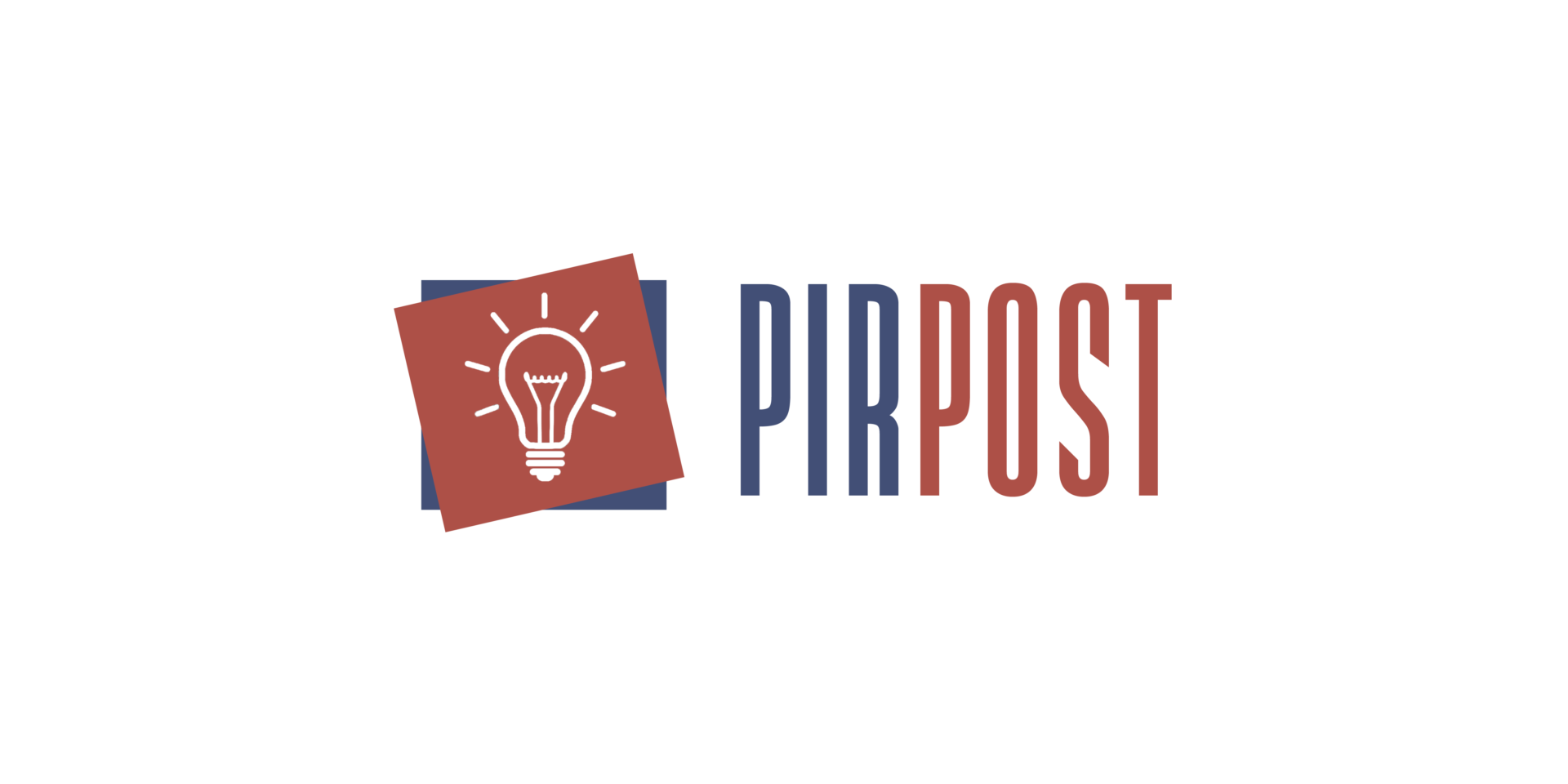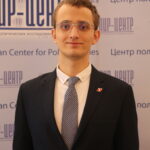In April 2019, the Swiss government announced that by the end of 2020 it would review the situation around the Treaty on the Prohibition of Nuclear Weapons (TPNW) and whether Switzerland should join the Treaty. However, by December 27, 2020, no revision was made, which probably means that the Swiss government did not change its mind and does not want to join the Treaty. Switzerland supports many humanitarian initiatives, including the promotion of the agenda of humanitarian consequences of nuclear weapons use and its incompatibility with the requirements of international law and, in particular, of international humanitarian law. Nonetheless, no matter how surprising it is, Switzerland is still not a member of the TPNW. This blog shows Switzerland’s attitude to the TPNW and whether this attitude can be changed in the future.
Voting in favor of the TPNW, but has yet to join
Switzerland is among the 122 countries that negotiated and voted in favor of the adoption of the Treaty on the Prohibition of Nuclear Weapons (TPNW) in July 2017 but has not joined it and noted numerous open questions to the Treaty.
Switzerland has always supported calls in the UN General Assembly for a globally applicable treaty on the prohibition of nuclear weapons. However, in 2016 it abstained from voting on the UN General Assembly resolution that established the formal mandate for states to commence the negotiations in 2017 on a legally binding instrument to prohibit nuclear weapons. It also abstained from voting on a UN General Assembly resolution in 2019 that welcomed the adoption of the TPNW.
The TPNW will enter into legal force on January 22, 2021. There are currently 86 signatories and 51 state parties.
TPNW lacks clarity, entails risks, and is unverifiable
Switzerland believes that:
- The text of the TPNW should have been more affirmative regarding commitment to the NPT as the cornerstone of nuclear disarmament and nonproliferation. Besides, several treaty provisions lack clarity, which gives rise to different legal interpretations and therefore creates some confusion and uncertainty. It could impact the effectiveness of the Treaty, as well as the efforts towards its universalization.
- Some of the TPNW’s provisions bear risks for existing norms, instruments, and fora (i.e. for the CTBT, IAEA safeguards, the NPT).
- The Treaty is deficient in the sense that some of its provisions are not effectively verifiable, which goes against the principle of the NPT framework that nuclear disarmament should be both irreversible and verifiable.
- The TPNW’s stigmatization agenda does not correspond to the Swiss approach, whereby disarmament should be carried out with and not against nuclear-weapon states, and questions the Swiss approach of building bridges.
- Switzerland’s security policy dialogue with various states in its geographical region and NATO is likely to be adversely affected through accession to the TPNW. The Treaty could have negative political implications on bilateral armed forces relations and, in extreme cases (national self-defense), would limit Switzerland’s freedom of action. Furthermore, the Treaty contains provisions whose impact on security cooperation cannot be fully assessed at the present time.
- The TPNW has minimal impact on disarmament since the nuclear-weapon states and their allies will not join the TPNW in the foreseeable future.
- It is still unclear whether the TPNW will contribute to the nonproliferation and disarmament agenda or negatively affect it.
Political pressure and monitoring the Treaty to change opinion
ICAN Switzerland, the Swiss Red Cross, and other ICAN partners started to question whether the government has abandoned its “humanitarian tradition” and become too closely aligned with NATO, a so-called “nuclear alliance”. They talked to parliamentarians from all parties, calling for the signing of the TPNW. Additionally, ICAN Switzerland collected signatures for a petition calling on Switzerland to sign the TPNW.
There was a public backlash against the Swiss government’s decision to adopt a wait-and-see approach to the TPNW. In addition, there was pressure from the National Council (Lower house of Swiss Parlament) and Council of States (Upper house) on the government to sign the TPNW and submit it to Parliament for ratification without delay. The reasoning was that international tensions, as well as humanitarian and security reasons, required the Nuclear Ban Treaty to enter into force.
The government responded by announcing that it would review its decision by the end of 2020. It also decided that Switzerland would participate, as an observer, in the TPNW conferences to closely monitor further developments of the Treaty. To re-examine the Swiss position if necessary, the Federal Council also instructed the Federal Department of Foreign Affairs (FDFA) to report no later than 2025 on further developments related to the TPNW.
In 2018, the interdepartmental working group headed by the FDFA concluded that for Switzerland, the arguments against accession to the TPNW outweigh the potential opportunities of an accession. However, the practice of states, both inside and outside the TPNW (after it enters into force), is likely to provide clarity in numerous provisions whose interpretation or implications currently hard to assess. This can change the Swiss government’s position on the issue.


